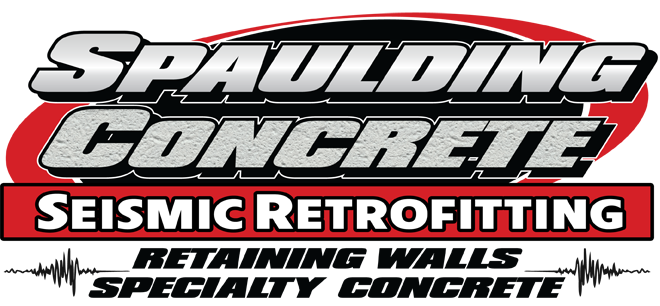5 Fundamentals to Know About Concrete Sitework
Concrete sitework is the process of preparing a site for construction by clearing it of debris, leveling it off, and grading it. It also involves putting down a base layer of concrete before erecting the actual structure. This base layer is what will support the weight of the building or other structure being built.
There are a few key things to know about concrete sitework before getting started on a project:
The first step is to clear the site of any debris or obstacles.
Clearing the site is one of the most important steps in pouring a concrete pad. If there are trees or shrubs on your property, then it’s best to get rid of them before starting construction because you’ll need more space for leveling off and finishing off with layer after layer until finally have an even surface ready!
The second step is to grade the site.
This involves making sure that water will drain away from our structure being built and prevent foundation problems down the road!
A torrential downpour can create huge drifts, which could cause serious damage if not dealt with properly- so this requires an experienced professional who knows how best to take care of your needs as well as their own!
The third step in creating a new concrete layer is to put down an even foundation.
This should be at least 4 inches thick and poured evenly over the entire site so that there are no cracks or gaps where water could seep through into your base mixture.
The next step in the process is to start erecting your structure.
This can vary depending on what type of building you’re doing, but it’s always best practice for safety reasons and so that everything fits properly together before we continue with our work!
Once the structure is complete, the final step is to finish the concrete sitework.
This includes putting down a top layer of concrete and finishing the grading around the structure.
FREQUENTLY ASKED QUESTIONS ABOUT CONCRETE SITEWORK
Q: What are the benefits of having concrete sitework?
Concrete sitework provides many benefits. It creates a level foundation for your structure, prevents water damage, and protects against soil erosion.
Q: How thick should my concrete pad be?
The thickness of your concrete pad will depend on the weight of your structure. For a light structure, a 4-inch thick pad is sufficient. For a heavy structure, you will need at least an 8-inch thick pad.
Q: How much does concrete sitework cost?
The cost of concrete sitework will vary depending on the size and scope of your project. To get a more accurate estimate, it’s best to consult with a professional contractor.

Q: How long does concrete sitework take to complete?
The timeline for concrete sitework will vary depending on the size and scope of your project. For a small project, it could take as little as a few days. For a large project, it could take several weeks or longer.
Q: Do I need a permit for concrete sitework?
In most cases, you will need a permit for concrete sitework. Check with your local building department to see if a permit is required for your project.
Q: Who can do concrete sitework?
In most cases, you will need to hire a professional contractor who has experience with concrete sitework. Do not attempt to do this type of work yourself unless you are confident in your abilities.
Q: What are the risks of doing concrete sitework?
The risks of doing concrete sitework include injury, property damage, and legal penalties. If you are not confident in your abilities, it’s best to hire a professional contractor.
Q: What are the safety concerns with concrete sitework?
The safety concerns with concrete sitework include falls, electrical hazards, and exposure to harmful chemicals. If you are not confident in your abilities, it’s best to hire a professional contractor.
Q: What are the environmental concerns with concrete sitework?
The environmental concerns with concrete sitework include air pollution, water pollution, and noise pollution. If you are not confident in your abilities, it’s best to hire a professional contractor.
Now that you know the basics of concrete sitework, you’re ready to get started on your next construction project! Just remember to clear the site, grade the land, pour a foundation, and finish with a top layer of concrete. If you have any questions, be sure to consult with a professional contractor. They will be able to walk you through the process and ensure that your project is completed correctly.
Are You Looking for a Company to Build a Foundation for Your New Home?
Spaulding Concrete has been the SF Bay Area’s top foundation builder for over 30 years. We’re here to fix your home’s foundation, no matter what problem may exist. We have the specialized equipment, services, and professional experience that you need to make permanent improvements to your building’s foundation. To get you started on the right foot, we would be happy to give you a free quote for the repair of the foundation. When you reach out by phone or email we will have one of our foundation experts answer any questions you have and explain how we can restore integrity and structural stability to your home or company building permanently. Successful concrete projects require careful planning and thorough preparation. Spaulding Concrete reviews the site and designs to ensure that the concrete and base structure follows the criteria for the planned use and that the layout and finishes are suitable for the project. The qualified concrete experts at Spaulding Concrete will be on schedule, on budget, and meet or exceed standards by careful planning, professional execution, and strict quality control.
To schedule your free quote, contact us today! We are proud to serve Orinda, Lafayette, Moraga, Pleasant Hill, Concord, Martinez, Pittsburg, Antioch, Brentwood, and the surrounding areas.

